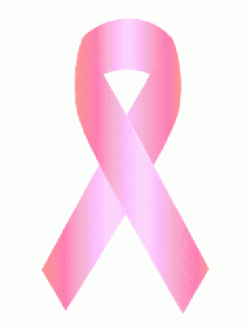
Serious stages of kidney cancer or renal cell carcinoma (RCC) occurs when the kidney cells grew more severe and growing out of control.In most cases of kidney cancer, a tumor will start to look at the delicate lining of the kidney.Common signs seen in RCC include blood in the urine (haematuria), fatigue, weight loss, anemia, and pain or any group on the side or on the lower back.In most cases of this cancer, it is not easily detected during a physical examination. These factors cause the patient did not know they had cancer at an early stage. Many cases only be detected after the cancert up to a serious stage (stage three and four). In fact, it was detected after the patient has a variety of health symptoms. Although this type of cancer is not popular as breast or prostate cancer, the number of patients is increasing in elderly men aged 60 to 69 years. It is currently categorized as 10 major cancers that cause death. It is among the most difficult to treat tumors, with a five-year survival rate of about 68.9 percent.
Normally, those who practice unhealthy lifestyles, like smoking, high blood pressure and kidney disease are those most at risk of developing RCC. The main cancer treatment for early stage RCC is doing surgery to remove cancer from the body. However, the patients who were diagnosed with RCC, about 25 percent to 30 percent patient will get cancer back after surgery and further treatment through surgery.
However, the last few years, RCC has targeted therapeutic pathways and specific molecular processes that affect cell growth, such as mTOR. It is a protein found in cells of the body for growth and cell division. The presence of Torisel (temsirolimus), an intravenous medication (IV) approved a new targeted treatment for advanced kidney cancer (also known as advanced kidney cells cancerous tumor) to bring hope to people with RCC who had a low survival rate. Patients to be treated with Torisel will through the careful assessment of their suitability to medication and risk factors for their prognosis will be evaluated by their current health situation, especially their liver.
It is a treatment once a week is given intravenously so the drugs can enter the blood drains directly. Thirty minutes before the patients received this treatment, your doctor will probably give them an intravenous antihistamine to help reduce the chance of possible allergic reactions. Full treatment is expected to take between 30 to 60 minutes. If antihistamines are given first, full treatment will take 60 to 90 minutes.

Leave a Reply